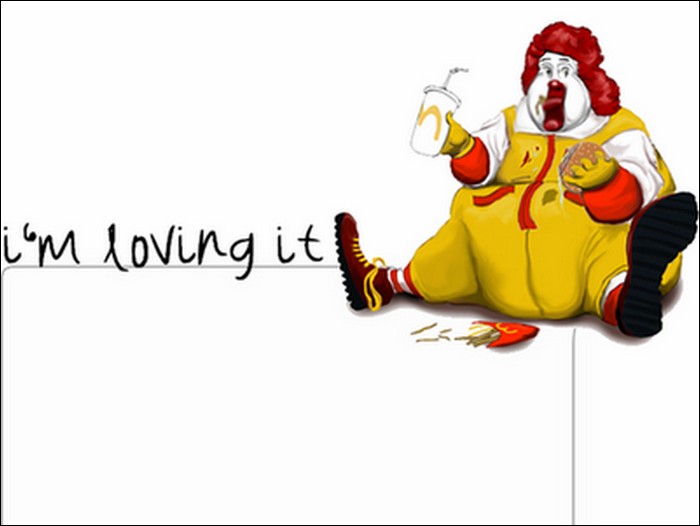Fast food has been present in my life for as long as I can
remember. It was rarely an option for dinner, but when I was growing up,
McDonald’s, Wendy’s, or Burger King were always possibilities for lunch on a
busy day. Uninformed about the different food choices I could have been making,
it was normal for me to grab a greasy cheeseburger and a side of salty,
ketchup-slathered fries that a fast-food worker handed to me, from their window
to mine. As I have been learning more about my health and nutritious decisions
I can be making, it has become clear to me that there are many options that I
should be choosing over fast food. As I was reading through the assigned
articles for today’s post, I realized that both of them included the same
point: there is a positive correlation between the density of fast-food restaurants
and increased obesity rates. This is a serious problem that the world must
address. For the most part, kids do not control the foods that they eat because
their schools and the family they live with are responsible to feed them. With
the busy lifestyle that most people have these days, how can we help educate
families on the importance of avoiding fast food to promote health and decrease
the rate of obesity?
Zhong and DeVoe also pose an important question in their
article: did fast food cause our culture’s ever-present impatience or is fast
food merely a consequence of the impatience? The three experiments conducted in
their study leave readers lingering on this question, as they contain interesting,
surprising findings. Zhong and DeVoe’s studies support the idea that thinking
about fast food, consciously or unconsciously, makes people impatient and could
even put their economic interest at risk. One of the main reasons that we
discussed in class about why people choose to eat unhealthily is because it
costs less money to buy cheap, unhealthy food compared to organic, locally
grown, natural foods. However, if exposure to fast foods makes us more likely
to spend, rather than save more, this logic is flawed. The true cost of food is
what should matter the most, so it is important that we find a way to raise
people’s awareness about what they are eating.

No comments:
Post a Comment